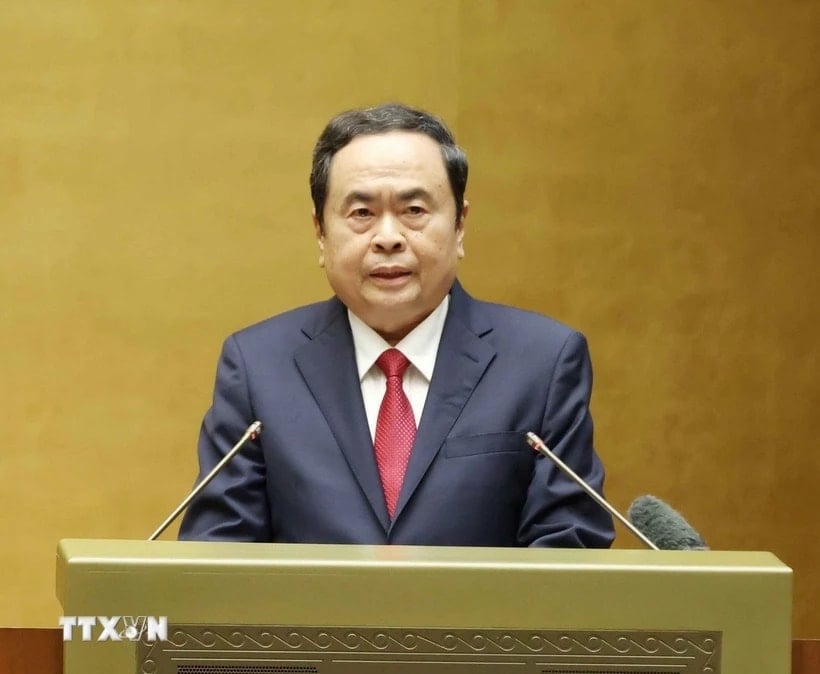
At the national conference to disseminate and implement the Resolution of the 11th Conference of the 13th Party Central Committee, which took place on the morning of April 16, National Assembly Chairman Tran Thanh Man presented a thematic report "On amending the Constitution and laws; Directions for the election of deputies to the 16th National Assembly and People's Council deputies at all levels for the 2026-2031 term".
Consulting people on amending the Constitution from May 6 to June 5, 2025
Regarding the amendment of the Constitution and laws, the National Assembly Chairman said that the implementation of Resolution No. 60-NQ/TW dated April 12, 2025 of the 11th Conference of the 13th Party Central Committee, including the merger of provincial-level administrative units, the disorganization of district-level organizations, the merger of commune-level organizations and the construction of a two-level local government organization model; the arrangement of socio- political organizations and mass organizations assigned by the Party and State into the Vietnam Fatherland Front... opens up a new situation for national development in a new era with a long-term vision.
To meet the above requirements, the scope of this Constitutional amendment focuses on two groups of contents.
The first group is the provisions of the 2013 Constitution related to the Vietnam Fatherland Front and socio-political organizations (concentrated in Articles 9 and 10), to meet the requirements of arranging and streamlining the organizational apparatus, promoting the role, responsibility and proactiveness of the Vietnam Fatherland Front, the role of gathering classes and strata, strongly oriented towards residential areas, close to the people, to each household.
The second group is the provisions in Chapter 9 of the 2013 Constitution to implement the two-level local government organization model.
According to National Assembly Chairman Tran Thanh Man, because the scope of this Constitutional amendment is limited, expected to only involve about 8/120 articles of the 2013 Constitution, the National Assembly Standing Committee will submit to the National Assembly the document in the form of a Resolution of the National Assembly (similar to what was done in the Constitutional amendments and supplements in 1988, 1989 and 2001).
“Special attention should be paid to collecting public opinions on the amendment of the Constitution, from May 6 to June 5, 2025. The Government and the Vietnam Fatherland Front are requested to conduct it scientifically, democratically, practically, publicly, transparently, and pay attention to collecting community opinions according to the Law on Democracy at the Grassroots Level,” the National Assembly Chairman emphasized.
Agencies and organizations within their scope of authority and areas of responsibility have reviewed and compiled a list of legal documents affected by the amendment and supplementation of the Constitution.
According to the Government's Report, there are about 19,220 documents issued by the Central and local levels with content directly affected and influenced by the implementation of the policy of continuing to reorganize the apparatus of the political system (including 1,180 documents from the Central level and 18,040 from localities).
Among them, relevant contents in the Laws such as: Law on Organization of Local Government, Law on Election of National Assembly Deputies and People's Council Deputies, Law on Organization of People's Courts, Law on Organization of People's Procuracy, Law on Organization of Criminal Investigation Agencies, Law on Cadres and Civil Servants, Law on Promulgation of Legal Documents, Laws on Proceedings, Law on Handling of Administrative Violations... will be amended, directly related to the organization of the apparatus, basic rights and interests of people, organizations, enterprises, local authorities and directly impacting socio-economic development, national defense and security in the fields of budget, investment, and planning.
"When making amendments and supplements, pay special attention to promoting decentralization and delegation of power, as General Secretary To Lam has repeatedly requested that localities do and take responsibility, clearly defining the authority between the central and local levels, between the provincial and communal levels, clearly defining which tasks of the district-level government need to be transferred to the communal-level government or assigned to the provincial-level government to facilitate the locality in the implementation process," the National Assembly Chairman noted.
As of April 14, 2025, at the 9th Session, the National Assembly will give opinions and pass 31 draft laws and 12 resolutions; give opinions on 10 draft laws (not including resolutions on the arrangement of provincial and communal administrative units that will be considered and decided during the Session). This is the largest workload ever in the history of National Assembly sessions.
Ensuring solidarity, consensus and high unity
Regarding the handling plan, based on research, review and assessment by the National Assembly, the Government, the Central Committee of the Vietnam Fatherland Front, the Supreme People's Court, the Supreme People's Procuracy, etc., the Central Committee has agreed to give the highest priority to the handling plan for issues related to the arrangement of the apparatus and organization of two-level local governments using general principles that are general and widely applicable without the need to immediately amend or supplement laws, resolutions of the National Assembly and other current legal documents.
Depending on the scope, requirements, and content of the issues to be handled, the National Assembly may consider adding transitional provisions to the laws and resolutions to be passed at the session, such as the Law on Organization of Local Government, laws on organizational apparatus, Resolution on merger of provinces and centrally run cities, etc., amend and supplement the articles of Resolution No. 190/2025/QH15, or issue a new resolution stipulating principles for handling these contents.
In addition to the draft laws and resolutions already on the agenda for the 9th Session, it is expected that about 20 draft laws will need to be added to the agenda. The amendment and supplementation of these laws can be done by one of the following methods: using one law to amend many laws; promulgating laws amending and supplementing a number of articles or promulgating new laws to replace current laws.
For laws and resolutions of the National Assembly that stipulate the tasks and powers of agencies, organizations and local authorities at all levels that cannot be amended or supplemented immediately, the Government and competent agencies shall proactively issue documents to temporarily define the tasks and powers of agencies and promptly handle issues arising in the process of implementing the reorganization of the apparatus according to the general principles identified in Resolution No. 190/2025/QH15 and the Law on Organization of the Government and the Law on Organization of Local Government.
The National Assembly Chairman stated that the amendments to the Constitution and related laws and resolutions must be completed before June 30, 2025, and take effect from July 1, 2025. Among them, there are transitional provisions to complete the consolidation and reorganization of the apparatus and commune-level administrative units officially come into operation no later than August 15, 2025, and provincial-level administrative units officially come into operation no later than September 15, 2025. At the same time, there are specific instructions to ensure smooth, uninterrupted operations, in accordance with the roadmap and implementation plan.
The National Assembly Chairman paid special attention to the dissemination work in agencies, units, localities, organizations, propaganda, and widespread mobilization among the entire population, orienting public opinion, ensuring solidarity, consensus, high unity, and determination to implement among cadres, party members, and people of all walks of life.
Election of National Assembly and People's Council deputies is expected on March 15, 2026.
Regarding the direction of the election of deputies to the 16th National Assembly and People's Councils at all levels for the 2026-2031 term, the National Assembly Chairman outlined the context of this election, in which the election is expected to be held earlier than the previous election to create synchronization with Party committees at all levels, promptly implement the resolution of the 14th Party Congress; establish the National Election Council (expected to be submitted to the National Assembly for approval at the 9th Session of the 15th National Assembly).
It is expected that the election day for the 16th National Assembly and People's Councils at all levels for the 2026-2031 term will be Sunday, March 15, 2026, and the first session of the National Assembly will be held on April 6, 2026. Therefore, agencies, units, and localities must proactively prepare early, remotely, immediately after this conference.
Regarding the direction, organizational tasks and preparation work, the general spirit is the same as the previous term election. However, there are new requirements: Applying information technology in the election work, in managing the voter list, posting the candidate list and announcing the election results.
Regarding the number of National Assembly and People's Council deputies, the National Assembly Chairman said that the expected number of National Assembly deputies is 500, of which the proportion of full-time National Assembly deputies is at least 40%. General orientation on structure: Young deputies (under 40 years old) about 10%; re-elected deputies about 30%; female deputies at least 35%, and ethnic minority deputies at least 18% of the total number of people on the official list of candidates for National Assembly deputies.
The number of People's Council delegates is based on the population size of each administrative unit; implemented according to the provisions of the Law on Organization of Local Government.
In case the Chairman of the Provincial People's Council is a full-time People's Council delegate, there will be 1 full-time Vice Chairman of the People's Council; in case the Chairman of the People's Council is a part-time delegate, there will be 2 full-time Vice Chairmen of the People's Council.
In case the Head of the Provincial People's Council is a full-time People's Council delegate, the Committee has 1 full-time Deputy Head; in case the Head of the Provincial People's Council is a part-time People's Council delegate, the Committee has 2 full-time Deputy Heads.
At the commune level (including communes, wards, and special zones): The structure of full-time representatives in the People's Council is expected to be 1 Vice Chairman and 2 Deputy Heads of the Board.
General orientation on the structure of People's Council delegates at all levels: Delegates who are non-Party members should strive to account for at least 10% at each level. Young delegates (under 35 years old) should strive to account for at least 15%. Re-elected delegates should strive to account for at least 30%; ensure that at least 35% of the official list of candidates are women. Ensure that a reasonable proportion of ethnic minorities is appropriate to the population characteristics of each locality.
Priority is given to people with qualifications in science and technology and those with basic training in law.
Regarding the representative standards, it is basically the same as the previous election, however, there is a new point that priority is given to people with qualifications in science and technology and people with basic training in law.
In particular, thoroughly grasping the request of General Secretary To Lam speaking at the closing session of the 11th Central Conference recently was: the highest standard must be based on work requirements, then other criteria.
Regarding the requirements for the election, the National Assembly Chairman said that the Politburo requested Party committees and organizations at all levels to have specific leadership and direction plans to successfully organize the election. Provincial and municipal Party committees established Steering Committees to comprehensively lead the election, directly directing from the provincial to the communal level.
Along with that, it is necessary to lead personnel work well, ensure democracy is promoted and the Party's centralized and unified leadership in personnel work is promoted; have solutions to direct the election of sufficient numbers of National Assembly deputies and People's Council deputies at all levels, especially paying attention to the quality of deputies, while ensuring a reasonable structure.
The Politburo also requested to focus on leading and directing well the organization of consultations to introduce candidates for the National Assembly and People's Councils at all levels; directing well the propaganda work, widely disseminating the content, requirements and significance of the election; the provisions of the Law on Election of National Assembly Deputies and People's Council Deputies. At the same time, closely directing the assurance of political security and social order and safety; promptly and lawfully resolving citizens' complaints and denunciations.
Party committees of Central Party agencies, the National Assembly Party Committee, the Government Party Committee, the Vietnam Fatherland Front Party Committee, the National Election Council, and Party committees and organizations at all levels will issue specific plans for implementation and guidance.
Recalling the speech of General Secretary To Lam at the closing session of the 11th Central Committee Conference that: the work ahead is very busy, the reality of life is urgent, the people and party members are waiting, the tasks ahead are very heavy and difficult..., National Assembly Chairman Tran Thanh Man affirmed that the National Assembly will continue to strongly innovate, improve the quality and efficiency of operations, demonstrate the highest sense of responsibility before the Party Central Committee, the Politburo, the Secretariat, voters and people. The National Assembly Party Committee will lead and direct the full implementation of Resolution No. 60-NQ/TW of the 11th Conference of the 13th Party Central Committee; closely, substantially and regularly coordinate with the Government Party Committee; thoroughly disseminate to the Ethnic Council, National Assembly Committees, Party Groups of National Assembly delegations so that the 9th Session of the 15th National Assembly will be a great success.
TH (according to VNA)Source: https://baohaiduong.vn/se-bau-cu-som-du-kien-khoa-xvi-co-500-dai-bieu-quoc-hoi-409538.html




![[Photo] Nhan Dan Newspaper displays and solicits comments on the Draft Documents of the 14th National Party Congress](https://vphoto.vietnam.vn/thumb/1200x675/vietnam/resource/IMAGE/2025/10/26/1761470328996_ndo_br_bao-long-171-8916-jpg.webp)
![[Photo] General Secretary To Lam received the delegation attending the international conference on Vietnam studies](https://vphoto.vietnam.vn/thumb/1200x675/vietnam/resource/IMAGE/2025/10/26/1761456527874_a1-bnd-5260-7947-jpg.webp)

![[Photo] Enjoy the Liuyang Fireworks Festival in Hunan, China](https://vphoto.vietnam.vn/thumb/1200x675/vietnam/resource/IMAGE/2025/10/26/1761463428882_ndo_br_02-1-my-1-jpg.webp)
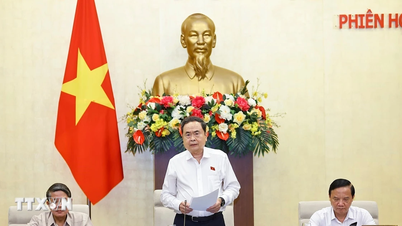

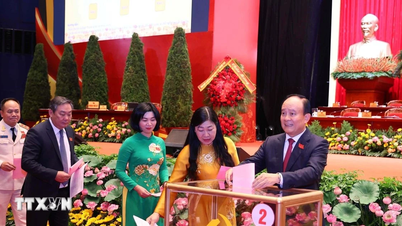
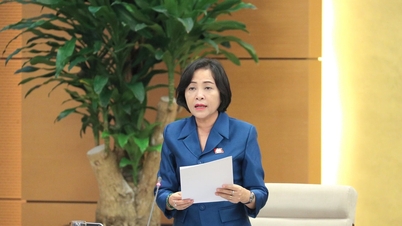

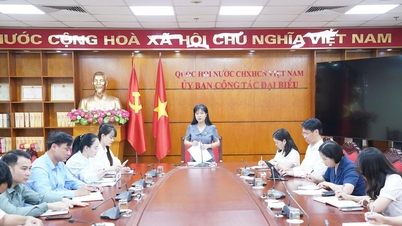
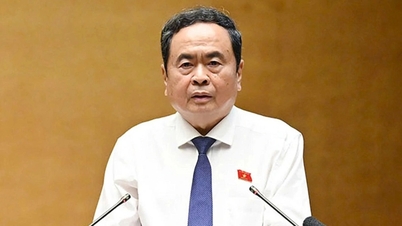

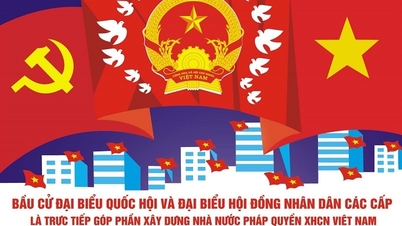

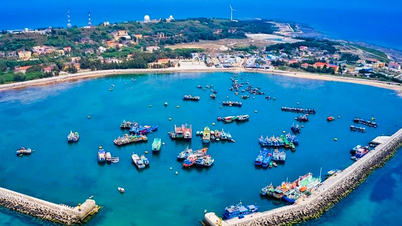

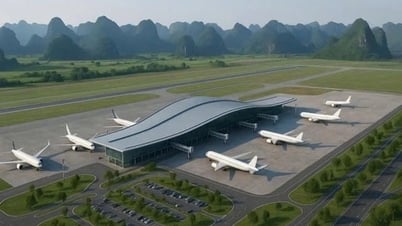
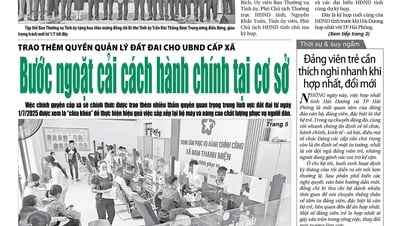
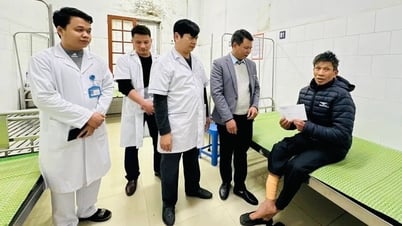
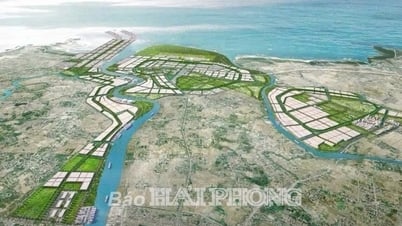





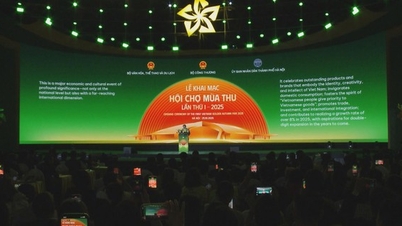
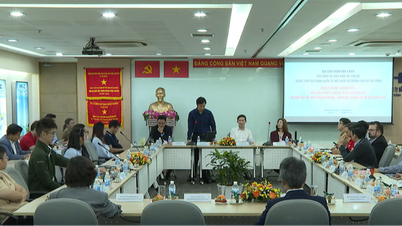
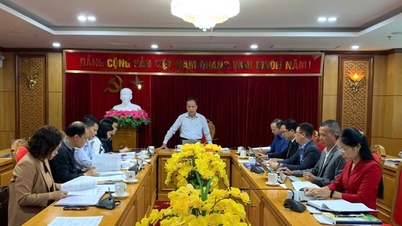

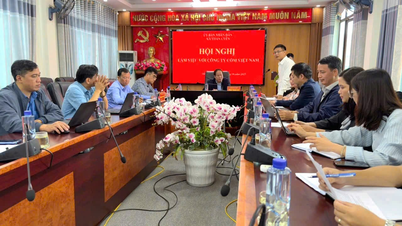

![[Photo] Prime Minister Pham Minh Chinh attends the opening of the 47th ASEAN Summit](https://vphoto.vietnam.vn/thumb/1200x675/vietnam/resource/IMAGE/2025/10/26/1761452925332_c2a-jpg.webp)






































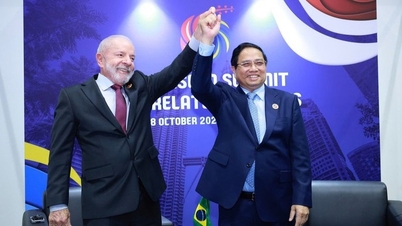
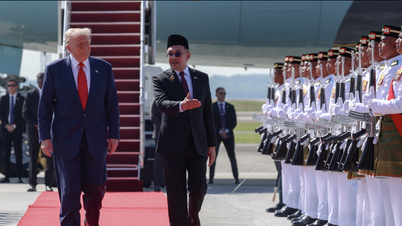

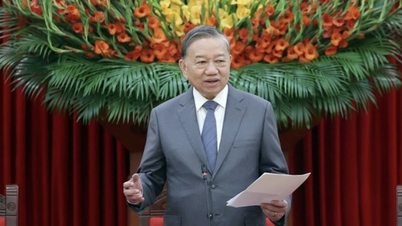

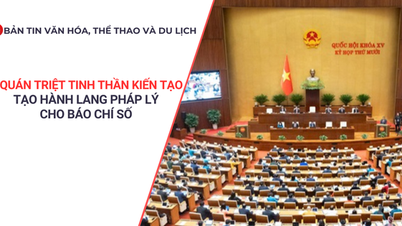


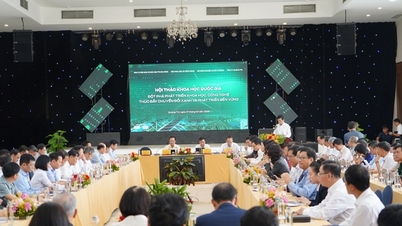



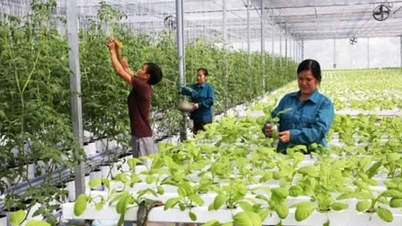
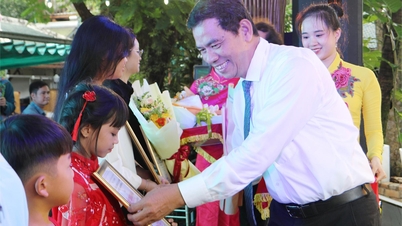

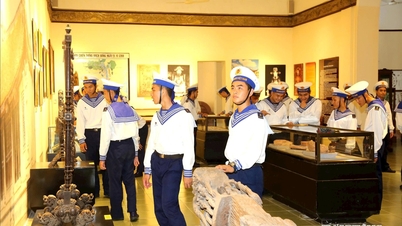



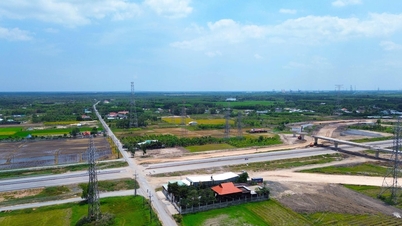

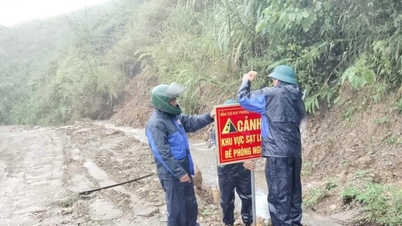















Comment (0)